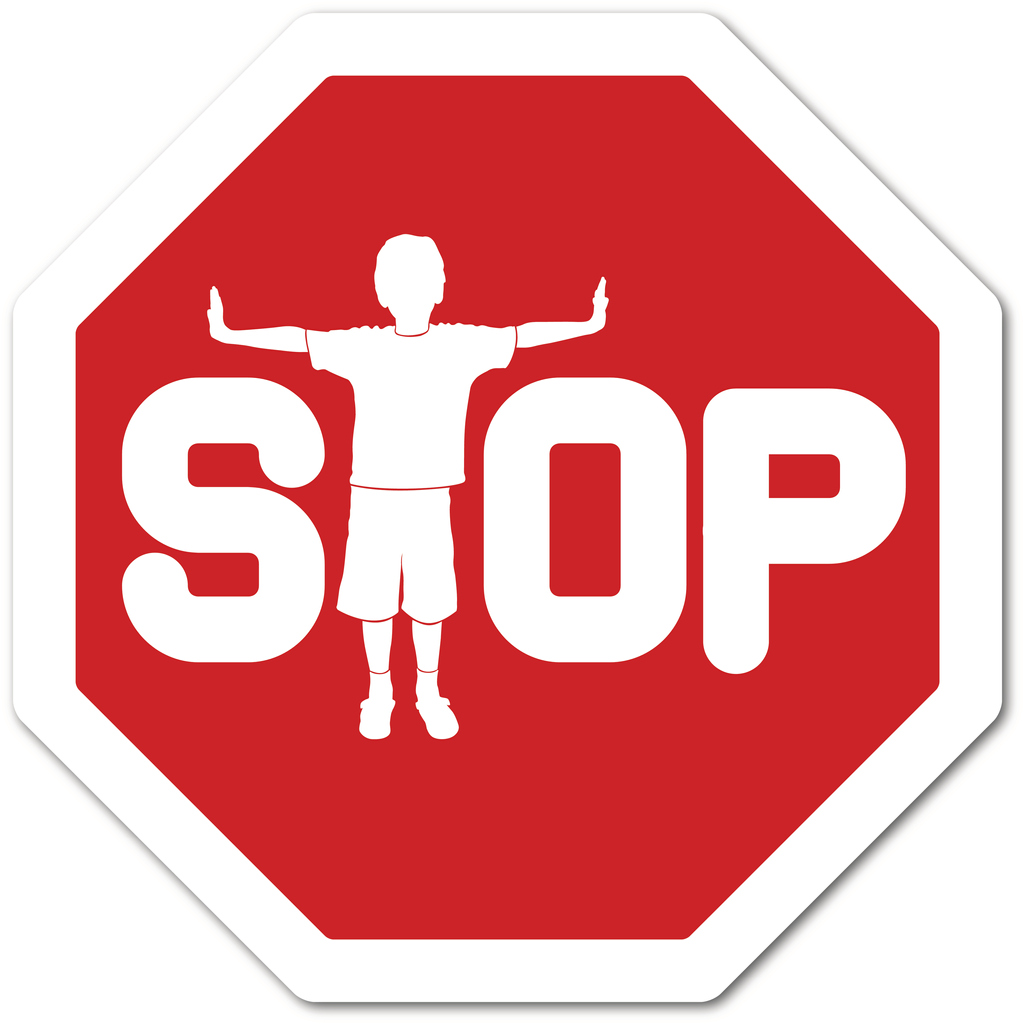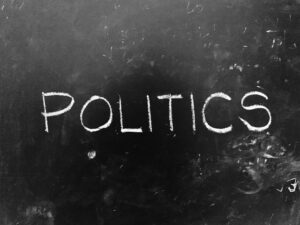The anti-racism curricula increasingly adopted by America’s K-12 schools contain so much misinformation that the growing backlash against them has predictably focused on course content. Teaching children that the U.S. Constitution was designed by whites to enslave minorities, that modern scientific concepts are tainted by racism, that “right” math answers are a slight to people of color, and that the classics of Western literature should be replaced by social justice theory is not how most parents think their children ought to be educated.
Unfortunately, the outrage over subject matter has led even thoughtful observers to overlook the fact that woke curricula involve much more than warped views of history, the scientific method, and social relations — they also employ instructional methods that have been shown to inflict serious psychological harm completely independent of what is being taught. These include the frequent use of shaming, forced public confessions of so-called “privilege,” the acceptance of one’s socioeconomic background as an excuse for not achieving, and the promotion of ideological conformity as the best way to deal with social conflict.
To appreciate just how emotionally damaging these methods can be, it is worth thinking back to a time — not that long ago — when every education graduate school impressed its teachers-in-training with the importance of building a youngster’s self-esteem. Even those professors who felt the K-12 grade classroom should be used in a more systematic way to improve race relations still understood the importance of nurturing each student’s faith in oneself. If sociological research had proved anything, it was the connection between developing self-confidence in childhood and later adult success.
Sadly, today’s woke curricula do far more to erode a child’s sense of intrinsic worth than to build it up. Indeed, one can hardly imagine a more effective way of grooming disorganized and incompetent adults. As one veteran teacher in the Buffalo Public School system recently put it, anti-racist classrooms have devolved into little more than a series of “scoldings, guilt-trips, and demands to demean oneself simply to make another feel empowered.”
Particularly worrisome from a clinical perspective is the systematic use of shaming to make even the youngest students feel personally responsible for historical events over which they had no control. As the August 9, 2019 issue of the Scientific American reported, people who are deliberately shamed – even over a modest violation of social norms — are at a much greater risk for depression and anxiety disorders. They are also more inclined avoid close relationships and suppress emotions, even decades after some humiliating event.
Those who have been repeatedly shamed for any reason, it turns out, are significantly less likely to possess the risk-taking habits required for adult success. Fearing that any failure might lead others to further devalue them, they only venture those things which seem guaranteed to end well. According to a 2017 study in the Journal of Psychology, some are permanently incapacitated by feelings of inferiority, hopelessness, and helplessness.
It should be no surprise that school-age children are especially vulnerable to socially induced humiliation. Because the identities of younger people are not completely formed, their uncertainty about how to deal with the expectations of others makes them hyper-sensitive to being judged. This fact has been apparent for years when it comes to Internet bullying, but the high-minded social justice rhetoric typically used to justify woke curricula has unfortunately persuaded many of us to overlook what psychoanalyst Carl Jung once called the “soul-eating” consequences of artificially induced guilt.
While some might argue that gambling with the emotional well-being of America’s children’s is an acceptable risk to take for the goal of ending racism, the evidence to date suggests that classroom shaming is just as likely to cause discrimination as it is to cure it. “Shame is the ultimate divider,” cautions psychologist Anna I. Smith. “It’s a me versus them feeling. A deliberate act to cause one to feel like an outsider.” As “a finger-pointing gesture,” she says, it can easily induce the very reverse of what was intended.
New York Times and Washington Post health reporter Ashley Abramson agrees with Smith, noting that a growing number of professionals have expressed serious reservations about the way Americans are trying to deal with the legacy of racism. “While a healthy dose of guilt over the collective role in anti-Black racism can motivate people to listen, learn, and do better,” she writes, “experts say wallowing in shame could accomplish the opposite.”
The use of shaming and other confidence-destroying techniques to remold a child’s personality would be concerning enough under the supervision of a licensed professional, but woke curricula are typically implemented by teachers with no clinical experience or mental health certification. Worse still, their work is often performed without any regard for the legitimate concern of students’ parents.
At Seattle’s Magnolia Elementary School, for example, kindergarten to fifth graders instructed told to read books touching on racial inequity and then prompted to reveal their subsequent feelings in group. Principal Katie Leary proudly concedes that Magnolia’s methods form an outlook “that may be different than their home culture” but has no problem with the idea of making “antiracist kids at school, whether they live in an antiracist home or not.”
City Journal reporter Christopher Rufo says that in the Buffalo Public School curriculum mentioned earlier, kindergarten teachers have students compare their skin colors to crayons and then watch a video of dead black children speaking to them from beyond the grave about “racist police and state-sanctioned violence.” By the time these same children get to fifth grade, they have been taught to regard the larger society as a “school-to-grave pipeline” for black children and a place where at any given moment one million minority adults are “locked in cages” — psychologically disturbing views not likely shared by every parent.
Even school districts that appear to be reaching out for community input are not really doing so. As I write these words, the education board in my own hometown of Redding, Connecticut, has joined with the board of neighboring Easton (both towns share a high school) to form a Diversity, Equity, and Inclusion Task Force. This committee has, in turn, charged itself with doing what many similar groups across American have done in recent years — design surveys of local students and parents, the results of which will presumably be used to improve the curriculum. But never do any of these efforts — typically driven by local progressive activists — include consultation with an experienced opinion researcher who can surface hidden agendas, ensure that the results are fairly interpreted, and certify that the subsequent classroom changes are as humane as they are ideologically influential.
How much psychological damage today’s woke curricula have already inflicted on America’s schoolchildren is something we are unlikely to ever document with any precision. Given the progressive pressure that university researchers currently operate under, no academic is going to risk his or her professional career to answer such a question.
What we do know, as former New York Times writer and op-ed editor Bari Weiss recently observed, is that the progressive ideology at the heart of woke schooling relies on some remarkably callous tactics: “Persuasion is replaced with public shaming. Forgiveness is replaced with punishment. Mercy is replaced with vengeance. Pluralism with conformity; debate with de-platforming; facts with feelings; ideas with identity.”
We also know that, if teachers do have any documented therapeutic competence, it is the ability to provide a nurturing environment for at-risk children. Studies show that educators who can form a trusting relationship with their students – one characterized by unconditional warmth and affection — are able to enthuse even students from broken, unstable, and foster homes. Unfortunately, this kind of non-judgmental encouragement is they very opposite of how ideologically driven anti-racist curricula expect the modern educators to behave.
Whether one believes America was founded in 1776 or in 1619, it is important to recognize the enormous psychological risk anti-racist education is taking with young lives. Separate from any inaccuracy that might be claimed with respect to American history, woke curricula dabble far too close to psychiatric malpractice for any loving parent’s comfort.





